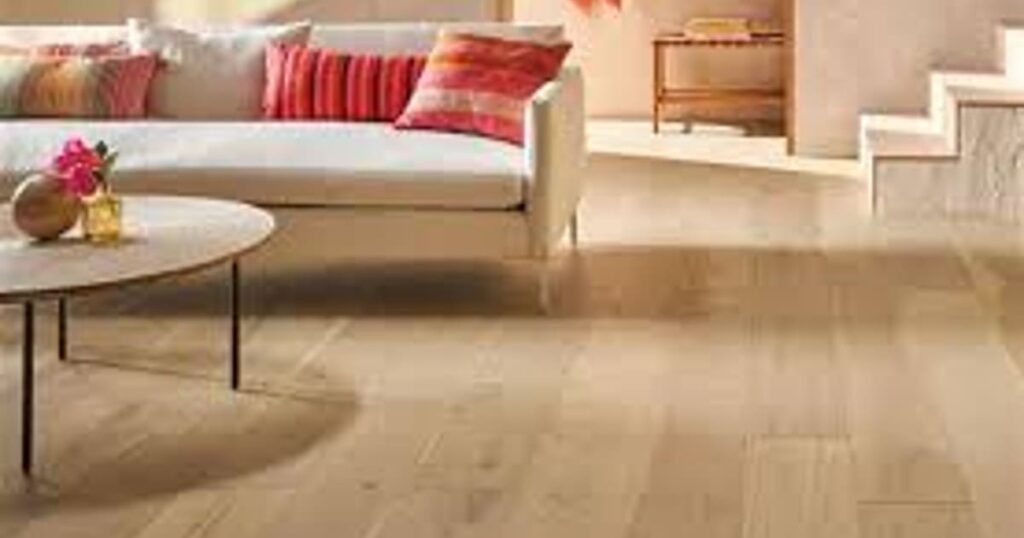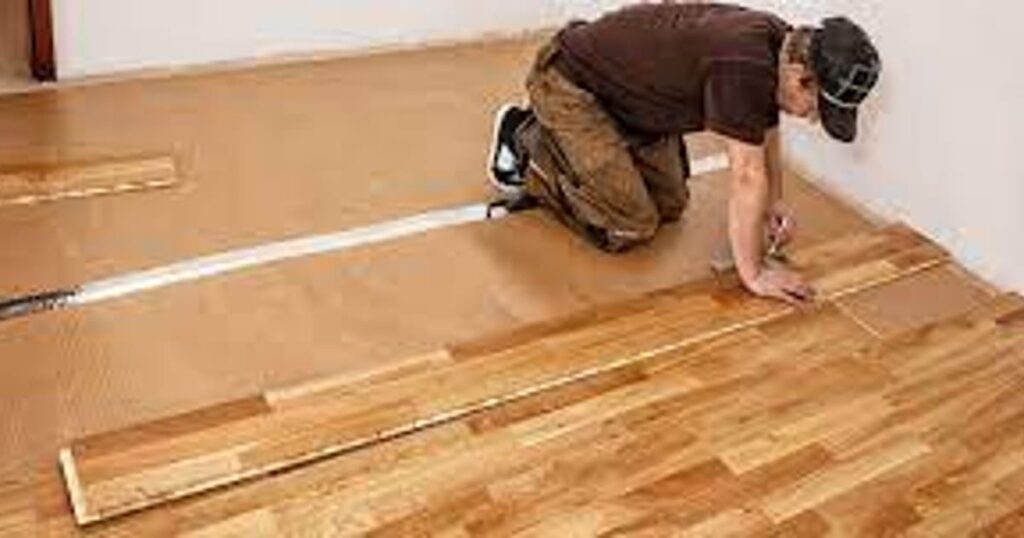
When it comes to transforming the interior of your home, few things have the impact of quality flooring. In particular, hardwood floors can add warmth, elegance, and value to any space. In the vibrant state of North Carolina, where homes boast diverse architectural styles and design preferences, the choice of flooring is crucial in achieving the desired aesthetic. In this article, we’ll delve into the intricacies of hardwood floor installation in NC residences, exploring the types of hardwood, pre-installation preparation, selecting the right materials, installation processes, maintenance, cost considerations, and environmental impact.
Solid hardwood flooring is a timeless choice known for its durability and natural beauty. Crafted from a single piece of wood, solid hardwood exudes authenticity and charm. It’s available in various species such as oak, maple, and cherry, each with its unique grain patterns and hues. While solid hardwood offers exceptional longevity and can be sanded and refinished multiple times, it may be susceptible to moisture and temperature fluctuations, requiring careful installation and maintenance.

Engineered hardwood flooring is a versatile alternative to solid hardwood, composed of multiple layers of wood veneers stacked in a cross-grain configuration and topped with a hardwood veneer. This construction provides stability and resistance to moisture, making it suitable for areas prone to humidity fluctuations like basements and kitchens. Engineered hardwood offers a wide range of styles and finishes, mimicking the look of solid hardwood while offering enhanced durability and versatility.
Before embarking on hardwood floor installation in NC residences, it’s essential to assess the current flooring condition and prepare the subfloor accordingly. Conduct a thorough inspection to identify any damage or unevenness that may need to be addressed before installation. If replacing existing flooring, ensure proper removal to create a clean and level surface. Accurate measurements of the space are crucial for estimating materials, including hardwood planks, adhesives, and underlayment. Additionally, consider installing moisture barriers, especially in areas prone to moisture, to prevent potential damage to the hardwood flooring.
Choosing the right hardwood for your North Carolina residence involves considering various factors such as species, finishes, and stains. Popular hardwood species in NC residences include oak, hickory, and walnut, each offering distinct aesthetics and durability. Consider the overall design scheme and desired ambiance when selecting the hardwood species and opt for finishes and stains that compliment your interior decor. Whether you prefer a glossy sheen or a matte finish, there are options available to suit every taste and style preference.

The installation process plays a pivotal role in the longevity and performance of hardwood floors in NC residences. Proper subfloor preparation is essential to ensure a stable and level surface for installation. Depending on the chosen installation method—nail-down, glue-down, or floating—the process may vary, requiring precision and attention to detail. Nail-down installation involves securing hardwood planks to the subfloor using nails or staples, while glue-down installation utilizes adhesives to bond the planks to the subfloor. Floating installation involves interlocking the planks without the need for nails or adhesives, offering flexibility and ease of installation.
While some homeowners may opt for DIY hardwood floor installation to save on costs, hiring professionals offers numerous benefits, especially for complex projects or intricate designs. Professional installers possess the expertise, experience, and specialized tools necessary to ensure a flawless installation, minimizing the risk of errors and complications. However, for those with adequate DIY skills and experience, installing hardwood floors can be a rewarding project, provided proper research, planning, and preparation are undertaken.
Maintaining hardwood floors in NC residences involves establishing a regular cleaning routine and implementing preventative measures to preserve their beauty and longevity. Sweep or vacuum regularly to remove dust and debris, and mop with a damp cloth or hardwood floor cleaner as needed. Avoid using harsh chemicals or abrasive cleaners, as they can damage the finish and diminish the luster of the wood. Additionally, use area rugs and furniture pads to protect high-traffic areas and minimize scratches and dents. Monitoring humidity levels is also crucial, as excessive moisture can cause warping or cupping of the hardwood planks.
The cost of hardwood floor installation in NC residences varies depending on several factors, including the type of hardwood chosen, installation method, and additional materials and labor required. Solid hardwood tends to be more expensive upfront but offers long-term value and durability, while engineered hardwood may be more budget-friendly and versatile. Obtain multiple quotes from reputable contractors to compare costs and ensure transparency. When budgeting for hardwood floor installation, it’s essential to account for potential additional expenses, such as subfloor repairs or unforeseen complications during installation.
In an era where sustainability is increasingly valued, the environmental impact of hardwood flooring cannot be overlooked. Many hardwood species used in flooring are renewable resources, harvested from responsibly managed forests certified by organizations such as the Forest Stewardship Council (FSC) or the Sustainable Forestry Initiative (SFI). Additionally, consider the end-of-life disposal options for hardwood flooring, including responsible disposal or recycling programs that repurpose wood products for future use. By choosing sustainably sourced hardwood and implementing eco-friendly practices, homeowners can minimize their environmental footprint while enjoying the timeless beauty of hardwood floors in their residences.
Hardwood floor installation in NC residences offers a transformative opportunity to enhance the interior aesthetics and functionality of your home. Whether opting for solid hardwood or engineered hardwood, meticulous planning, proper installation, and routine maintenance are essential for preserving the beauty and longevity of your investment. By selecting the right hardwood species, finishes, and installation method, homeowners can create a timeless and elegant ambiance that reflects their unique style and enhances the value of their property. With proper care and consideration for environmental impact, hardwood floors will continue to adorn North Carolina residences for generations to come, providing enduring beauty and lasting value.